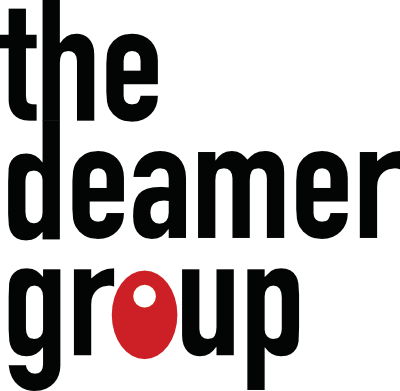
In the realm of workforce dynamics, the torch is swiftly passing from the Baby Boomers to the Millennials, and now, the spotlight is firmly fixed on Generation Z. With their unique traits, values, and digital prowess, Gen Z is reshaping the modern work environment in ways that demand attention from employers and businesses alike.
Gone are the days when Baby Boomers were the dominant force in the workplace, with their hierarchical structures and traditional work ethics. Likewise, the Millennials, often criticized for their perceived entitlement and job-hopping tendencies, are no longer the primary focus of workforce management discussions. Instead, it’s Gen Z who are taking center stage, bringing with them a fresh set of expectations and preferences that are redefining how we work.
One of the defining characteristics of Gen Z is their digital nativism. Unlike any generation before them, they have grown up in a world where technology is ubiquitous and information is instantly accessible. As a result, they possess a level of digital fluency that can be leveraged to drive innovation and efficiency in the workplace. Employers who fail to recognize and harness this digital prowess risk falling behind in today’s rapidly evolving business landscape.
Furthermore, Gen Z is characterized by their entrepreneurial spirit and desire for autonomy. Raised in an era of economic uncertainty and rapid technological advancement, they are more inclined to seek alternative career paths such as freelancing or starting their own businesses. This desire for independence challenges traditional notions of employment and requires employers to offer greater flexibility and opportunities for self-direction.
Additionally, diversity and inclusion are non-negotiable values for Gen Z. Growing up in a globalized world, they are acutely aware of social issues and demand workplaces that prioritize equality and representation. Companies that fail to foster a culture of diversity and inclusivity risk alienating Gen Z employees and missing out on the myriad benefits that come with a diverse workforce, including increased innovation and productivity.
Moreover, Gen Z places a high value on work-life balance and mental health. Unlike previous generations who may have prioritized climbing the corporate ladder at any cost, Gen Z is more likely to prioritize their well-being and seek employers who offer flexible hours, remote work options, and support for mental health initiatives. As such, companies that prioritize employee wellness are better positioned to attract and retain top Gen Z talent.
In conclusion, Baby Boomers and Millennials are no longer the primary concern for businesses navigating the complexities of the modern work environment. Instead, it is Gen Z who are driving significant changes in how we work, from their digital fluency and entrepreneurial mindset to their emphasis on diversity and inclusion, work-life balance, and mental health. Employers who adapt to the unique preferences and values of Gen Z will not only attract top talent but also thrive in the ever-evolving landscape of the 21st-century workplace.
